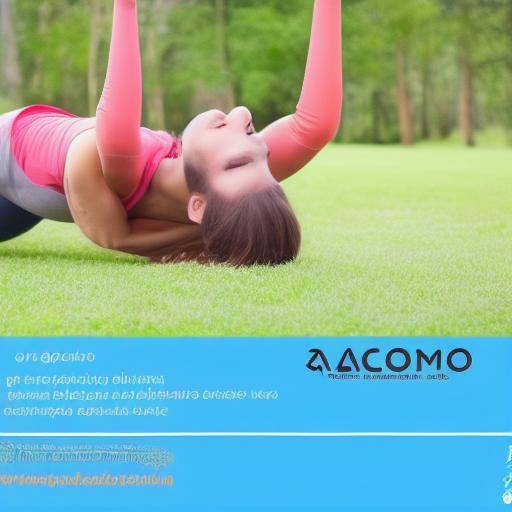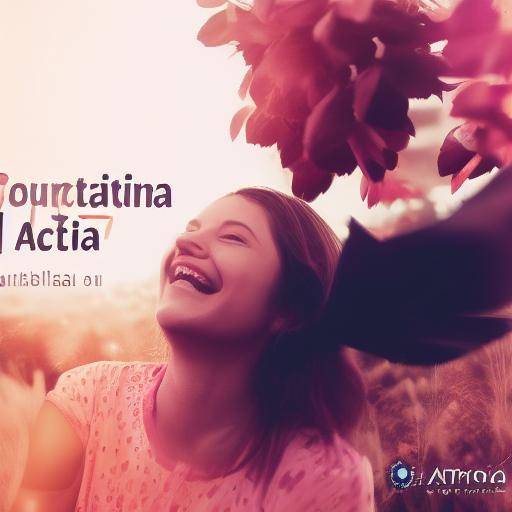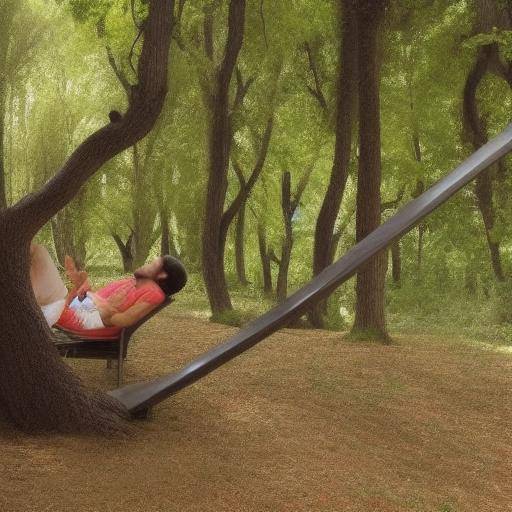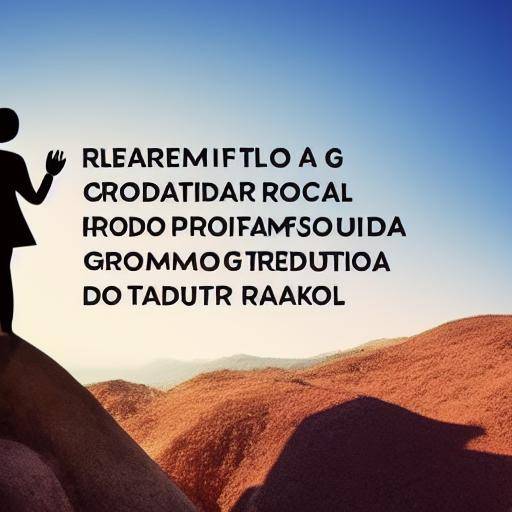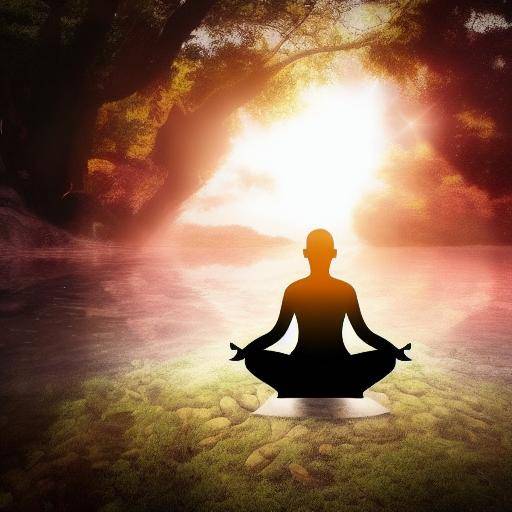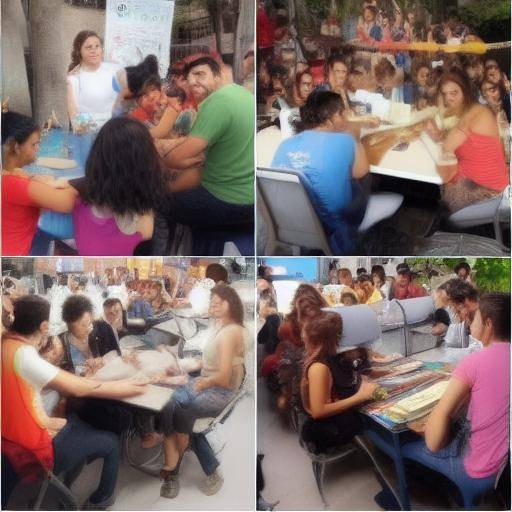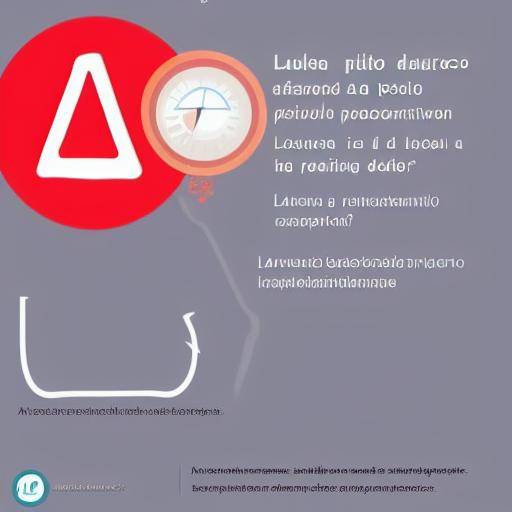
Introduction
In a modern world characterized by accelerating the pace of life, constant stress and disconnection with the natural environment, the importance of time in nature in personal well-being becomes increasingly relevant. In this article, we will explore in depth how the time devoted to nature can positively impact our mental, emotional and spiritual health. In addition, we will examine how the time spent on outdoor activities can influence our overall well-being. Throughout this reading, we will discover the direct relationship between time in nature, personal well-being and free time, highlighting its benefits, challenges, practical applications, and offering concrete recommendations to maximize this connection.
History and Background
Since time immemorial, humanity has maintained a close relationship with nature. Ancient civilizations recognized the benefits of spending time outdoors, with the practice of gardening, the contemplation of natural landscapes and the connection with elements such as fire, water and land. Throughout history, diverse cultures have praised the positive effects of nature on well-being. For example, in Eastern philosophy, especially in Chinese and Japanese culture, the concept of "Shinrin-yoku" or "wood forest" has been practiced for centuries as a way of restoring emotional and spiritual balance. This approach has transcended cultural boundaries, influencing current perception of the fundamental role of nature in our well-being.
Analysis in Deep
The benefits of spending time in nature are vast and scientifically proven. Various studies have confirmed that regular exposure to natural environments reduces stress, increases happiness, improves concentration and strengthens the immune system. In addition, the free time dedicated to outdoor activities, whether hiking, camping, or simply contemplating a beautiful landscape, allows us to disconnect from the daily routine, fostering creativity and introspection.
Despite these benefits, we face challenges such as growing urbanization, sedentary lifestyle and dependence on technology, which can limit our exposure to nature and outdoor time. It is essential to understand these challenges in order to overcome them and enjoy the benefits of connecting with the natural environment.
Comprehensive review
Practical application of time in nature to foster personal well-being can be seen in various areas, from forest therapy to educational programmes that promote connection with nature. Through the lens of different disciplines, such as psychology, physical education, bioclimatic architecture, and preventive medicine, innovative approaches have been developed that integrate nature as an essential part of personal well-being.
It is crucial to emphasize that while enjoying time in nature can bring with it significant benefits, it is also important to do so in a responsible way, respecting and preserving natural ecosystems. For this reason, it is vital to promote environmental awareness and a commitment to the preservation of nature to ensure that future generations can enjoy these same benefits.
Comparative analysis
By comparing time in nature with personal well-being and free time, we can identify similarities and differences that enrich our understanding. While time in nature focuses on the direct influence of the natural environment in our health and well-being, personal well-being encompasses a wider spectrum involving physical, mental, emotional and social aspects. On the other hand, free time refers to the temporary space we have to devote ourselves to activities of our choice, where time in nature can be one of the options that contribute to our general well-being.
By understanding these relationships and differences, we can more effectively integrate time into nature as part of a holistic approach to personal well-being, thus enhancing the benefits of these interactions.
Practical Tips and Accessible Recommendations
To make the most of the time in nature and its influence on personal well-being, we can adopt simple but effective practices. Some recommendations include:
- Schedule Free Air Departures: Designate regular time for outdoor activities, whether hiking, picnics, or simply rest in a natural environment.
- Maintain Connection with the Natural: Incorporate natural elements in our everyday environment, such as indoor plants, nature-inspired music, or photographs of natural landscapes.
- Practice Mindfulness in Nature: Use full attention to fully immerse yourself in the natural experience, taking advantage of the sounds, smells, and views that surround us.
- Disconnect from Technology: Establish periods of time without electronic devices, allowing us to fully enjoy the natural environment and foster conscious attention.
- Participate in Nature Activities: Explore new activities such as kayaking, climbing, or gardening to enrich the connection with nature.
Sector Information and Views of Experts
By consulting experts in the areas of psychology, biology, ecology, and medicine, it is clear that the relationship between time in nature, personal well-being, and free time is a subject of great relevance. Experts highlight the need to systematically integrate these practices into everyday life, both individually and collectively. They also emphasize the importance of educating society about the tangible and measurable benefits that come from this connection to nature.
Case Studies and Real Life Applications
Throughout the world, various organizations, institutions and communities have implemented programmes that encourage time in nature as a resource to promote personal well-being. From government initiatives that promote urban parks to companies that offer their employees green spaces for rest, these examples show the diversity of applications and the positive impact that can be achieved. The testimonies of individuals who have experienced significant changes in their personal well-being over time in nature provide a valuable perspective on the resonance of these practices in daily life.
Future Trends and Predictions
As trends towards a more balanced and conscious lifestyle continue to expand, greater recognition and appreciation of time in nature is expected as a crucial component of personal well-being. The integration of these practices into urban environments, the implementation of educational programs that foster the connection with nature from early ages, and the development of working environments that integrate green spaces, are just some of the future trends that promise to strengthen this relationship.
Conclusion
In short, time in nature has the power to transform our personal well-being. Through the connection with natural environments, we can find an inexhaustible source of inspiration, calm and vitality. By fostering time in nature and free time as resources to nurture our well-being, we open the doors to a more balanced, healthy and enriching life.
Frequently asked questions
1. What specific benefits does time in nature bring to personal well-being?
Time in nature can reduce stress, improve mental health, strengthen the immune system, and foster creativity and mental clarity.
2. What are some outdoor activities I can enjoy to enhance my personal well-being?
Activities such as hiking, outdoor yoga, meditation on natural environments, or simply walking through parks or forests are excellent options to enjoy time in nature.
##3. What impact does time have on nature on the well-being of children and young people?
Time in nature can contribute to the emotional, social and cognitive development of children, promoting a deeper link with the natural environment, as well as improving their mental and physical health.
4. Is there any specific recommendation to incorporate nature into urban environments?
The creation of green spaces in urban environments, the promotion of community parks and gardens, as well as the integration of natural elements in architectural design, are effective strategies to promote the connection with nature in urban areas.
5. How long is it recommended to spend in nature to experience its benefits?
Although any amount of time in nature can be beneficial, it is recommended at least 120 minutes a week for significant effects on personal well-being.
6. What measures are being taken at the international level to promote time in nature as part of the general welfare?
Several countries have implemented policies that encourage access to natural spaces, the conservation of protected areas, and the inclusion of nature in public health programmes as part of a comprehensive strategy to promote the well-being of the population.
In conclusion, time in nature, personal well-being and free time are closely intertwined, offering holistic benefits that can transform our quality of life. By adopting practices that consciously integrate nature into our daily routine, we can nurture our well-being and foster a deeper connection with the surrounding environment.















